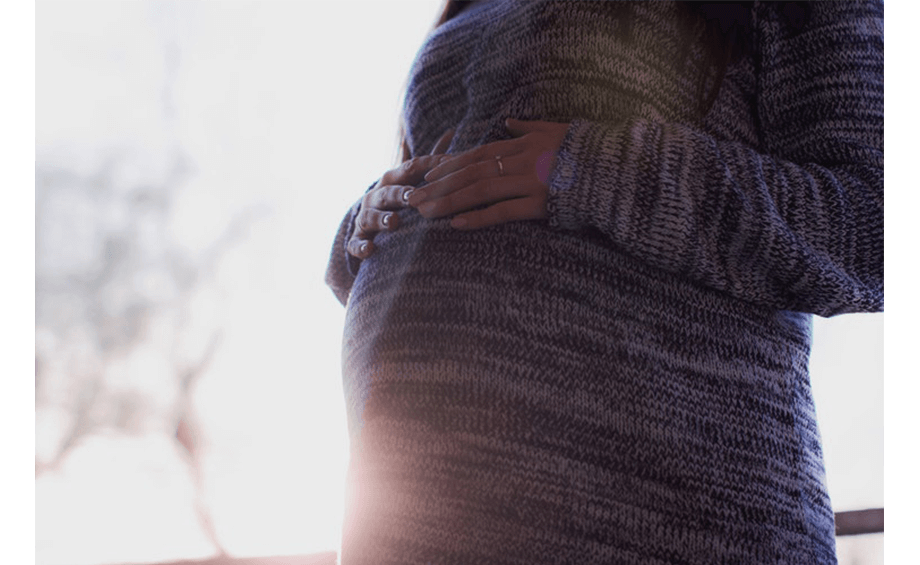
When you are expecting your little bundle of joy, your health and your baby’s health is priority number one. During your pregnancy, your body needs you to be alert 24×7 because you are more susceptible to diseases like malaria which is caused by the bite of a female Anopheles mosquito carrying a single-celled Plasmodium parasite. Some studies suggest that malaria can cause more complications in pregnant women. This is because your immunity is naturally low during pregnancy in order to accommodate for your growing body. Let’s dig deeper into these complexities.
Complications Caused By Malaria During Pregnancy
During pregnancy, malaria and in particular, malaria caused by the Plasmodium falciparum parasite can be very serious and it can even be fatal if not treated. Malaria-infected pregnant women can suffer from the following complications:
Transmission From Mother To Baby
Malaria may be passed from the mother to the unborn child, though it happens rarely. If the disease is treated promptly and efficiently, the baby remains unharmed. In some cases, the baby catches the disease through the infected placenta (vertical transmission) during pregnancy, despite being treated. If this occurs, it can cause serious complications like fetal distress which is the condition when the baby doesn’t receive enough oxygen during labour, leading to oxygen deprivation and a decreased fetal heart rate which can be serious for the baby. If you had malaria during labour or if your baby develops symptoms such as fever, anaemia or jaundice, the placenta may need to be checked after birth and your baby may need a blood test to check whether he/she has malaria.
Effect On Babies
If a pregnant woman has malaria, there is a greater risk of stillbirth, miscarriage, babies born with low birth weight and neonatal death. The fever and infection may cause fetal distress while the parasite infected placenta may cause fetal growth restriction. There is also a small chance of the baby being born with malaria, so it is important for the mother to be treated early if the disease is diagnosed.
Is The Treatment For Malaria Safe To Follow During Pregnancy?
It’s very important to take any medicines prescribed for malaria during pregnancy because the risk of complications from untreated malaria majorly outweighs the risks caused by any treatment. But not all malaria medicines are safe to take in pregnancy. Primaquine is not generally recommended for pregnant women because there isn’t enough information about its safety, and it has been linked to complications in the third trimester. Once you’ve recovered from an episode of malaria during pregnancy, it’s important to have regular pregnancy check-ups, blood tests and ultrasound scans to check your baby’s growth. If, after treatment, your symptoms or fever return, make sure to contact your doctor immediately.
Preventive Measures For Malaria
As the disease is spread through the bite of an infected female Anopheles mosquito, it is important to keep mosquitoes at bay. Keep your surroundings free of any stagnating water as they can serve as mosquito breeding grounds. Use chemical mosquito repellents and mosquito nets to ward off any bites. Most experts say that chemical mosquito repellents are safe to use during pregnancy. Use the 2x power of Goodknight Activ+ for indoor protection against mosquitoes. And before you step outdoors, be sure to apply 4 dots of Goodknight Fabric Roll-On on your clothes for up to 8 hours of protection. To ensure the physical well-being of your child, know more about the causes and symptoms of malaria by reading up on Malaria.